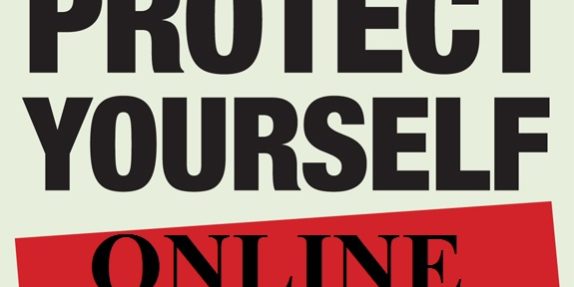Using Misinformation to Protect Yourself
Privacy loopholes
There are plenty of people that believe everything that they read on the internet. Luckily for you, this includes criminals, data brokers, and spying eyes. An alternative to deleting your social media accounts is to falsely and slowly change your personal information to mislead. Dropping a slow trail of misleading cookie crumbs to shake people off your trail isn’t such a bad idea, especially if they’re trying to find out more about you. Social media sites are trying very hard to make people provide genuine information in exchange to use their free services. The more genuine information you provide, the more they can sell it off to third-parties.
Despite the promises of privacy and keeping your information confidential, you’ll find that most of the big companies’ privacy policies are lined with loopholes, allowing them to share your personal information with anyone they choose. If every mega corporation promises privacy while simultaneously announcing huge profits from data mining, then you should definitely suspect something is awry.
Big data is most definitely your data. Facebook can say it protects your privacy, all while doing the bare-minimum to encrypt it. It’s sort of like putting a chain-link fence around a billion-dollar mining operation. Criminals break in all the time and steal loads of valuable stuff – in this case, it’s your personal information. When that information leaks, they shrug their shoulders. It’s frustrating but Wiperts can help you clean up the mess.
When criminals steal stuff, they often leave a mess behind. Like criminals running out of a bank with a bag of cash, a trail of money is left behind in their haste. Cyber criminals are the same, spilling personal information all over the place. Sadly, in this scenario, it’s up to you as the victim to clean up. Have you ever heard of a government agency solely dedicated to cyber crimes? For some reason, the government doesn’t seem to prioritize cybercrimes, even though billions are being stolen each year via identity fraud. Protect your personal information by using Wiperts.
A web of personal information
Facebook connected accounts generally cover a broad range of information. Using Facebook to register for other websites was quite popular just a few years ago… until the massive data breaches that is. Many websites shook hands with Facebook in a two-way exchange of personal information.
Providing fake information 9 out of 10 times will be better than providing real information. Conflicting information is better than giving every random website all your personal information. Every website gets hacked, no matter how big or small. There is no such thing as invincibility. Any person, machine, or organization that claims to be infallible will fall one day.
When you change your personal information, you can use an alias or something completely false. Changing a detail here and there over time will be more convincing than mixing everything up all at once. Scammers and data brokers alike will be more likely to rely on information that is duplicated on multiple websites. Therefore, by having conflicting information for your non-monetary accounts, you can save yourself a lot of trouble.
What are non-monetary accounts? They’re accounts that don’t ever use your financial information or home address. There are some things that simply don’t need your personal information. Having more real information public doesn’t automatically equate to more success. Keep yourself safe by using misinformation to mislead people who don’t need to find out who you are or where you live.







